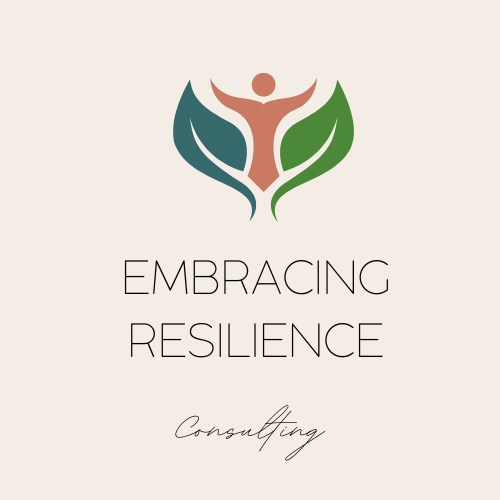Transformative mental health and educational consultation for the community.
Improving Engagement When Supporting Students with Disabilities
Distance learning and hybrid learning have created a whole new set of challenges for students, especially students with disabilities. Replicating the individualized support provided at schools is a growing concern for parents as we navigate the ongoing pandemic.
Below are some strategies to help parents when their child is struggling with distance education:
- If you have the opportunity, sit next to your child while they are online in class. Try to check on them periodically and provide encouragement through praise or nonverbal support. Make sure that you compliment them on being focused or paying attention. You want to reinforce that behavior as much as possible.
- Allow movement and frequent breaks. Some students may focus better with a wiggle cushion, fidget toy, or while doodling on a whiteboard. They can also use devices such as Bluetooth earbuds so they can listen and move around. If a student needs to take a refocus break, make sure they have collaborated with their teacher on how to request breaks. That could be a private message in the chat or by raising their hand virtually.
- Build in mindfulness activities. These can be helpful in rebooting focus. Mindfulness has shown to improve attention, concentration, as well as mood.
The unstable nature of navigating this time can be particularly difficult for children who typically enjoy predictability and structure. Anxiety and stress were increasing prior to the arrival of the pandemic. Students are showing even more symptoms grappling with everchanging schedules and learning environments. Below are recommendations that can help when supporting students with challenging behaviors:
- Consider that the behavior may be the “tip of the iceberg”. What could be below the surface are unmet needs or skills that have not been taught such as coping and self-regulation. It is important to remind parents and colleagues that the purpose of the student’s challenging behavior or acting out is not meant to give them a hard time. They may have difficulty coping, which is completely understandable and relatable at this time.
- Start thinking about what they may be trying to communicate through their behavior. For example, “I am sad, I am worried, I am hungry, I am tired.”
- Give Empathy. If a student is having emotional or behavioral challenges, consider providing empathy before problem-solving. Be cautious of our tendency to be action biased, in which we are trying to quickly find the solution. Try “I recognize that this is upsetting to you. But I am here to figure it out with you together.”



